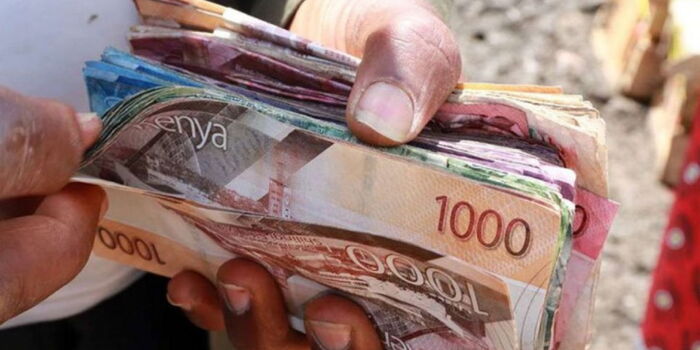Nandi Senator Samson Cherargei is urging the government to increase hardship allowances—not just for teachers, but for all civil servants serving in difficult environments across the country.
While addressing fellow lawmakers, Cherargei firmly opposed a recent government suggestion to remove hardship allowances for teachers. He emphasized that such a move would negatively impact essential services in marginalized areas.
The senator stressed that all public servants, regardless of their department, should be included in the hardship allowance package, and he called for an expansion of the regions officially classified as hardship zones.
Speaking passionately in the Senate, Cherargei argued that professionals working in remote and underserved areas deserve better financial support due to the challenging conditions they face.
He dismissed a report by Prime Cabinet Secretary Musalia Mudavadi, which claimed the government would save Ksh 6 billion annually if the allowance was scrapped.
“This proposal makes no sense,” said Cherargei. “How do you expect teachers, nurses, police officers, and other workers to remain motivated to serve in harsh environments like Garissa, Banisa, Todonyang, or Namanga? In fact, these professionals should receive even higher hardship allowances, not less.”
He underlined that hardship allowances are not a luxury but a critical necessity to ensure professionals are willing to live and work in far-flung, underdeveloped areas. He also noted that Kenya already has 44 regions recognized as hardship zones, and argued more should be added to the list.
The senator pointed to several regions in Nandi County—including Terek, Chepterwa, Kapchorwa, Sopa, Songo, Chemelit, and Chemase—highlighting the tough conditions faced by workers there, which are similar to those in existing hardship areas.
Cherargei warned that eliminating the hardship allowances would contradict standing legal provisions, such as Legal Notice No. 534 of 1998 and Legal Notice No. 196 of 2015, both of which officially classify certain regions as marginalized and in need of support.
He also urged the government to align the hardship allowance scheme with the Equalisation Fund, which has allocated Ksh 16.8 billion to disadvantaged counties in the 2025 financial year.
“You can’t put up schools and hospitals if the teachers and health workers aren’t willing to work there. Human capital is just as important as physical infrastructure,” he added.
The senator called on the Senate Finance and Budget Committee to urgently review the criteria used to determine hardship areas to ensure that all deserving communities are included.
Additionally, he encouraged the Kenya National Union of Teachers (KNUT) and the Kenya Union of Post Primary Education Teachers (KUPPET) to stand firm against any move to abolish hardship allowances and to stay actively involved in Collective Bargaining Agreement (CBA) negotiations to safeguard their members’ rights.
Join Gen Z New WhatsApp Channel To Stay Updated On time https://whatsapp.com/channel/0029VaWT5gSGufImU8R0DO30


